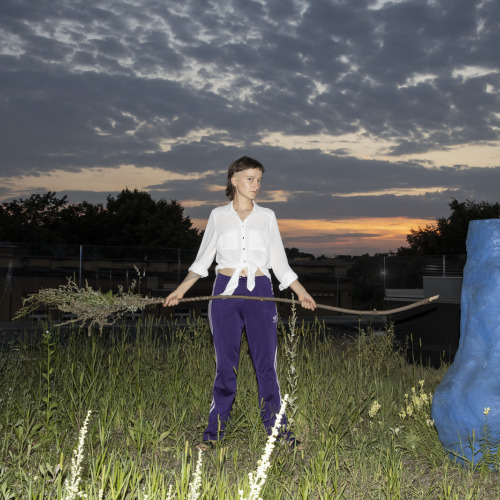
Seven Deadly Desires
Olga Kisseleva's work Seven Deadly Desires
began in 2002 with a series of video interviews with teenagers in Saint-Ouen,
France about their hopes and dreams. Well aware of the impact of multi-national
companies in framing their consumer desires, the teenagers frequently referred
to McDonalds, Pizza Hut, Nike and BMW. The media fuelled their aspirations to
sing like Jennifer Lopez or play football like Zidane. They wanted to live in
luxurious palaces (or at least flats where people did not urinate on the staircases).
Their aspirations were more than just material, as they also wanted medical
care to be accessible to all, to give money to the poor, to stop all wars and
end pollution. Interviewing teenagers in other cities, it became clear to the
artist that this generation shared a collective vision of the future, but it
was one based on the idea that good health came through body-building; fame was
always associated with money, and power with stock options or the ability to
eliminate your enemies in great numbers in a videogame fight. Their desires in
one sense became more and more virtual, medialised and remote from their daily
realities. Kisseleva's posters/digital prints and her video animation were her
critical response to listening to these teenagers. In these elements of the
work, she exposes/explodes this generation's mythology, while exploring their
fantasy world, leaving us with a serious moral question about the relationship
between trans-national, media-fuelled desires and modern sins. Or, expressed in
another way, what is true (morally good) and false in both our realities and
our aspirations when they are so saturated by the values of late consumer
capitalism and a globalised multi-national culture? In her animation, Pascal's
experiment with a barrel and vertical tube is used as a metaphor for the
pressures exerted in modern life if fed only by the seven deadly desires she
has identified.


